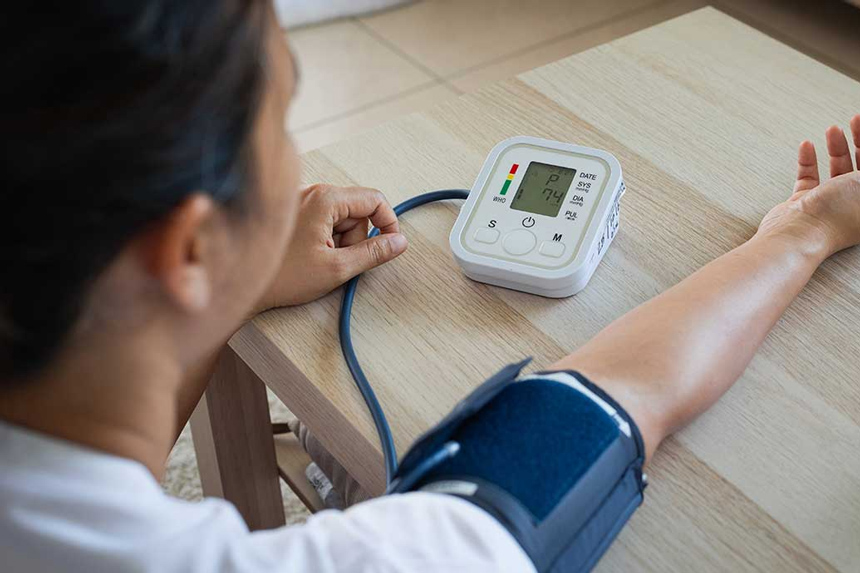Muscle Cramps and Pains

Potassium deficiency directly impacts the musculoskeletal system, leading to muscle cramps, weakness, and myalgias (muscle pain). The diminished capability of muscles to contract appropriately can result in various discomforts, including burning sensations, spontaneous muscle contractions, and numbness. In extreme cases, severe hypokalemia can even cause paralysis, underscoring the importance of maintaining adequate potassium levels.[3]
Fatigue and Drowsiness

Low potassium levels correlate with an increased prevalence of fatigue and drowsiness. This condition reflects the widespread effects of hypokalemia on the body, impairing the cardiovascular, musculoskeletal, and acid-base balance systems. The pervasive feeling of weakness and constant tiredness often signals moderate potassium deficiency, akin to the symptoms of muscle cramps.
Blood Pressure Changes

Potassium deficiency intricately links to fluctuations in blood pressure, contributing to hypertension (high blood pressure) and hypotension (low blood pressure). This situation underscores the dangers of hypokalemia, emphasizing the necessity for prompt and effective management to prevent serious health risks.
Abdominal Distension and Constipation

Hypokalemia significantly hampers intestinal motility, often leading to persistent constipation and severe abdominal distension. In rare instances, these conditions can progress to ileus, highlighting the harsh consequences of inadequate potassium levels on digestive health. [4]





